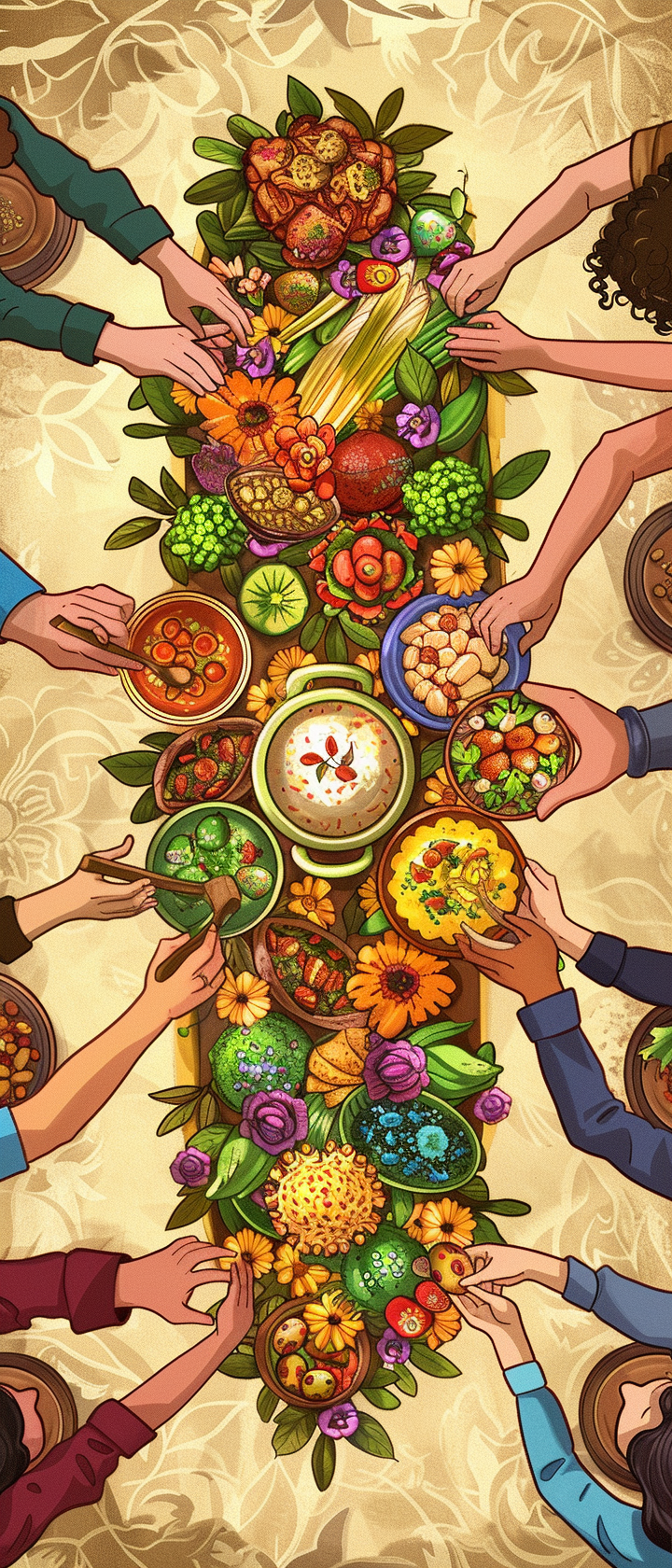Week 27: Wonder and Reconnecting with Nature

In Week 27, we embark on an enchanting journey back to our roots, to rekindle our bond with the natural world. This week is dedicated to rediscovering the awe-inspiring beauty of nature and exploring its profound spiritual significance. As we delve into the wilderness, we find not just the earth beneath our feet but a mirror reflecting the vastness of the human spirit and the interconnectedness of all life.
The Power of Nature’s Majesty
Nature, in its unbridled glory, holds an extraordinary power to evoke awe and wonder. Imagine standing at the edge of a vast forest, the air filled with the chorus of life, or witnessing the delicate dance of light on a mountain stream. These experiences, so simple yet profound, stir something deep within us—a sense of reverence for the marvels of the natural world.
Spiritual Significance Across Cultures
Our connection with nature transcends the physical, venturing into the spiritual realm where nature is revered as a sacred embodiment of the divine. This reverence spans across cultures and belief systems, each offering a unique perspective on nature’s role in our spiritual journey. From the Native American understanding of the Great Spirit to the Shinto tradition of honoring nature spirits, or kami, to the transcendental meditations of thinkers like Thoreau, nature serves as a universal church without walls, inviting all to worship in the sanctuary of the wilderness.
A Journey of Mindful Observation
This week’s exploration is an invitation to immerse yourself fully in the natural world. It’s about opening your senses to the beauty that surrounds you, allowing yourself to be present and mindful. Each leaf, each stone, and each breath of wind carries a story and a lesson in the interconnected web of existence. By observing the natural world with intention, we open the door to moments of profound insight and spiritual enlightenment.
Practical Steps to Reconnect
Immerse Yourself in Nature: Dedicate time to be in nature. It could be a hike through the mountains, a walk in a local park, or even a moment in your garden. Let the simplicity of these experiences ground you in the present.
Practice Mindful Observation: Choose a natural object or scene and spend time observing it in detail. Notice the colors, textures, and life around you. What emotions or thoughts does this observation evoke?
Journal Your Reflections: After your time in nature, write down your thoughts and feelings. How do these experiences relate to your spiritual beliefs or your view of the interconnectedness of all life?
Learn from Nature: Research the spiritual significance of nature in different cultures. How can these perspectives enrich your own connection with the natural world?
Nighttime Reflection: Spend a night under the stars. Let the vastness of the cosmos remind you of the wonders that lie beyond our daily concerns and the smallness of human affairs in the grand scheme of the universe.
A Renewed Bond with the Earth
As we conclude Week 27, let the wonder and majesty of nature be a source of inspiration and spiritual nourishment. The natural world is not only an environment to live in but a teacher, a sanctuary, and a reflection of the divine. In reconnecting with nature, we find ourselves part of a greater whole, embarking on a transformative journey of self-discovery and spiritual awakening. Let the beauty of the earth fill your soul and guide you on your path of growth and enlightenment.
Journalling Questions for the Week
Reflect on a time when you experienced a profound sense of awe in nature. Describe the scene and the elements that captivated you. How did this experience touch your soul and what emotions did it evoke?
Investigate cultural or spiritual traditions that hold nature in sacred regard. Identify an element or practice from these traditions that resonates with you. How does this connection influence your current beliefs or practices?
Dedicate time to immerse yourself in a natural setting with the intent of practicing mindfulness. Observe the minute details around you—the texture of leaves, the pattern of shadows, the chorus of wildlife. Reflect on how this immersion and attention to detail deepens your sense of connection and wonder towards nature.
Contemplate how your relationship and perspective on nature have transformed over the years. Have your spiritual beliefs influenced this change? Discuss any pivotal moments or influences that have shaped your view of the natural world.
Explore the works of individuals who drew spiritual inspiration from nature, such as John Muir or Rachel Carson. Select a passage or idea that strikes a chord with you and delve into how it mirrors or challenges your views on the spiritual essence of nature.
Reflect on your understanding of the interconnectedness of all life forms within nature. How does recognizing this interconnectedness impact your spiritual beliefs or worldview? Are there specific lessons or insights you’ve gained from this realization?
Reflect on how nurturing a sense of wonder through reconnecting with nature has affected your spiritual journey. How has this week’s exploration of nature’s beauty and complexity enriched your life and deepened your understanding of your beliefs and values?




